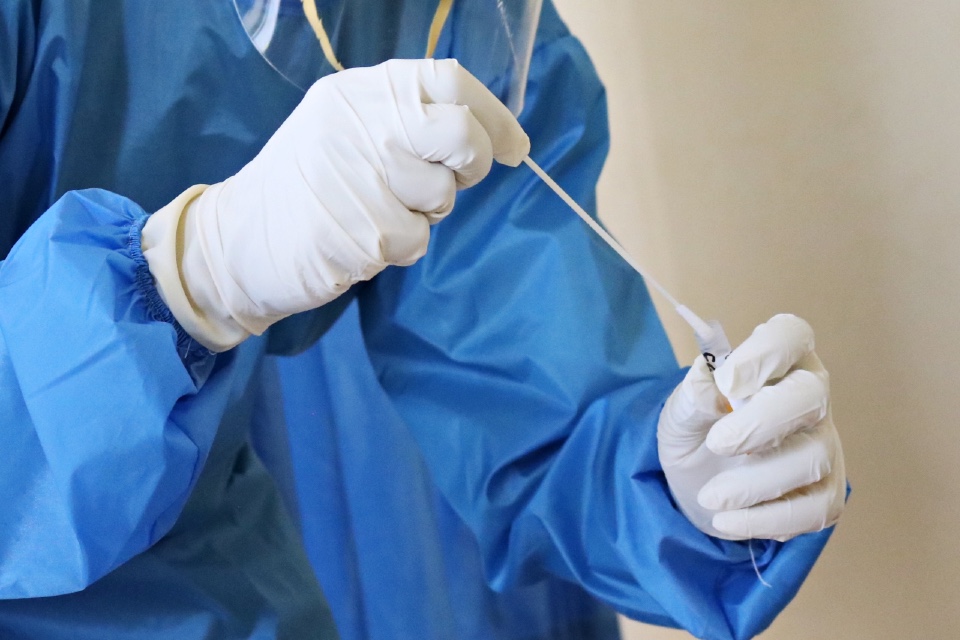By Ailsa Colquhoun, Editor, Care Home Management
The COVID-19 pandemic has had a lasting effect on healthcare professionals: lost jobs, lost income, debilitating symptoms which render even the most mundane tasks near-impossible, and huge barriers to accessing treatment.
According to the BMA, which represents UK doctors, there are the repeated stories of UK doctors living with long COVID. The findings of this survey are highlighted in the report ‘Over-exposed and under-protected: the long-term impact of COVID-19 on doctors’. This finds that one-in-five doctors with post-acute COVID has been forced to stop work or significantly cut back on their hours. The report also describes “varying degrees of support from employers”.
Many people with long Covid find themselves dealing not only with the physical aftereffects of the condition, but also concerns with disability, job uncertainty and worries about income and long-term employment.
Admitting to becoming disabled has been hard for many, even though it unlocks the occupational health and protection that comes from having a chronic disabling condition. For doctors there has been some relief in supportive peer groups, and campaign and advocacy groups which are seeking justice and compensation for those colleagues affected by the condition. Care home staff may wonder where the equivalent resources are for them.
This week, the DHSC has announced a cut-back in the NHS covid and flu vaccination programmes, although care home residents and staff remain eligible for free vaccinations. The NHS is again getting ready to deal with the onslaught of winter pressures that these infections bring.
And, just like the NHS, care homes are in the centre of this very same winter storm. How long will it be before they start the fire-fighting that will maintain the normal running of their business?







